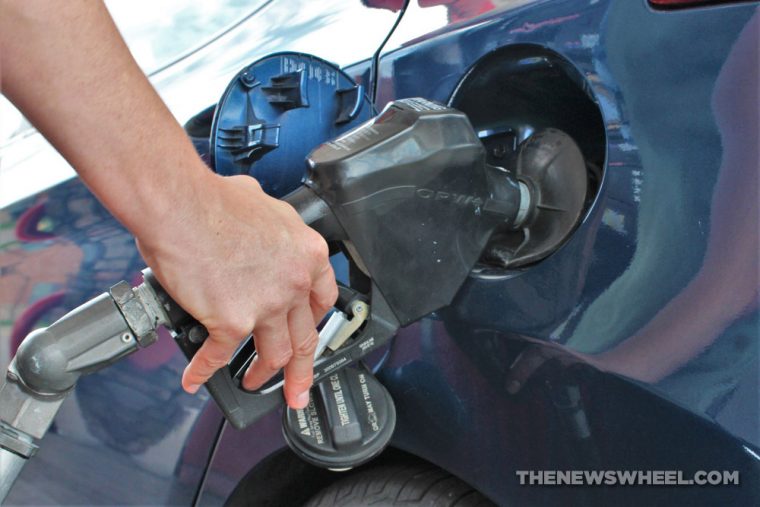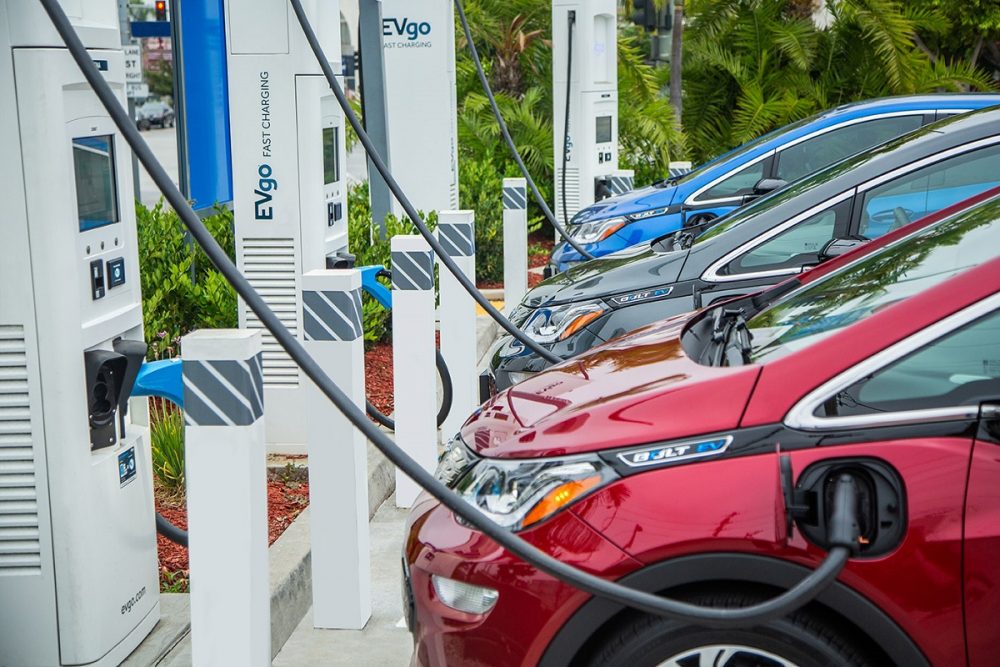Why City and Highway MPG Ratings Are So Different

Photo: The News Wheel
Ever wondered why gas vehicles tend to get better city efficiency than highway efficiency? And why the reverse is true of hybrid and electric vehicles? You’re in the right place. We’ve rounded up some answers to these questions so you can appease your curious mind — and wow your friends with some newfound knowledge.
Improve Your Car’s Efficiency: Schedule an oil change
Gas vehicles

Photo: MichaelGaida via Pixabay
Efficiency is a common priority for many buyers when shopping for a conventional combustion engine vehicle. You’ve probably noticed that gas models typically get higher city MPG ratings than highway ratings.
That’s because highway driving involves traveling long distances at constant speeds with minimal stops, as Kelley Blue Book confirms. City driving, by contrast, usually involves frequent starts and stops, as well as some idling. These three practices all take a toll on a vehicle’s fuel usage.
Hybrid and electric vehicles

Photo: General Motors
With hybrid and electric vehicles, city MPG ratings are typically higher than highway ratings. The main reason for this is due to many of these models having regenerative braking technology.
Per Edmunds, the technology helps hybrid and EV models replenish their battery power during stop-and-go driving situations. This means that these models’ efficiency gets a boost when they’re traveling at low speeds and frequent braking involved with urban traffic, as Autotrader’s Doug Demuro explains.
One caveat about MPG
Even if a vehicle gets excellent EPA-estimated MPG ratings, however, it’s important to remember that these figures are just estimates. According to the U.S. Department of Energy, these ratings are based on a vehicle’s performance during certain standardized tests that simulate “typical” driver behavior and driving scenarios. So the actual city efficiency you get in your EV might differ a bit from the rating your partner or friend gets when they drive your car.
Find out how regenerative braking works and learn some simple ways that you can boost your car’s efficiency. Then get the scoop about how modern car tech has helped curb drivers’ annual fuel costs.
Efficient Journeys: Fuel-conserving rides for your travel-oriented lifestyle

Whitney Russell resides in Dayton, though her spirit can be found beach-bumming in Puerto Rico (the land of her half-Puerto Rican heritage). When not crafting car-related content, she can be found chasing after the most amazing toddler in the world, watching her “beaver” of a husband build amazing woodworking projects, hanging out with two crazy dogs, and visiting family and friends. She also enjoys traveling, crafting, and binge-watching period dramas when time allows. See more articles by Whitney.

